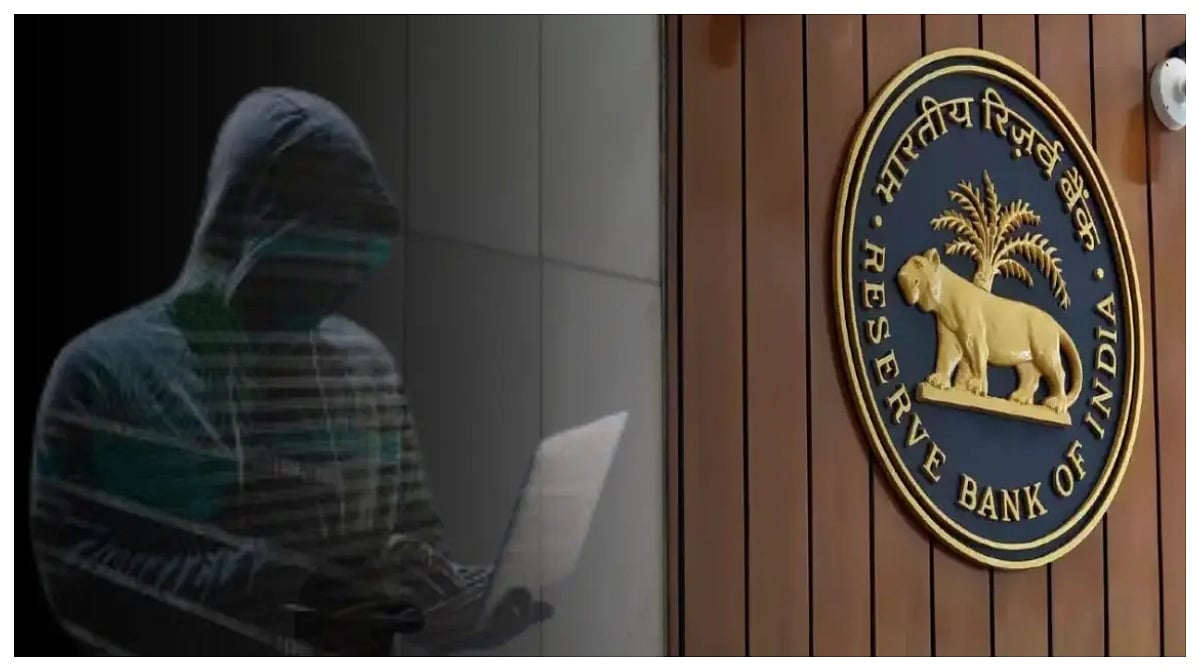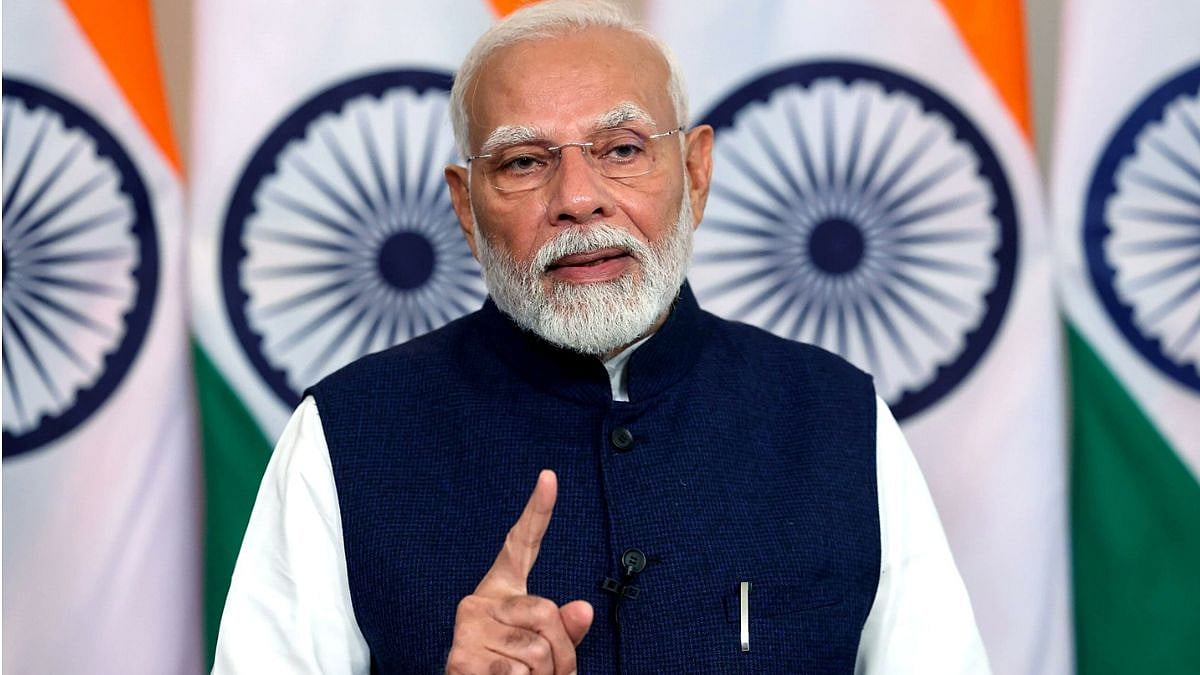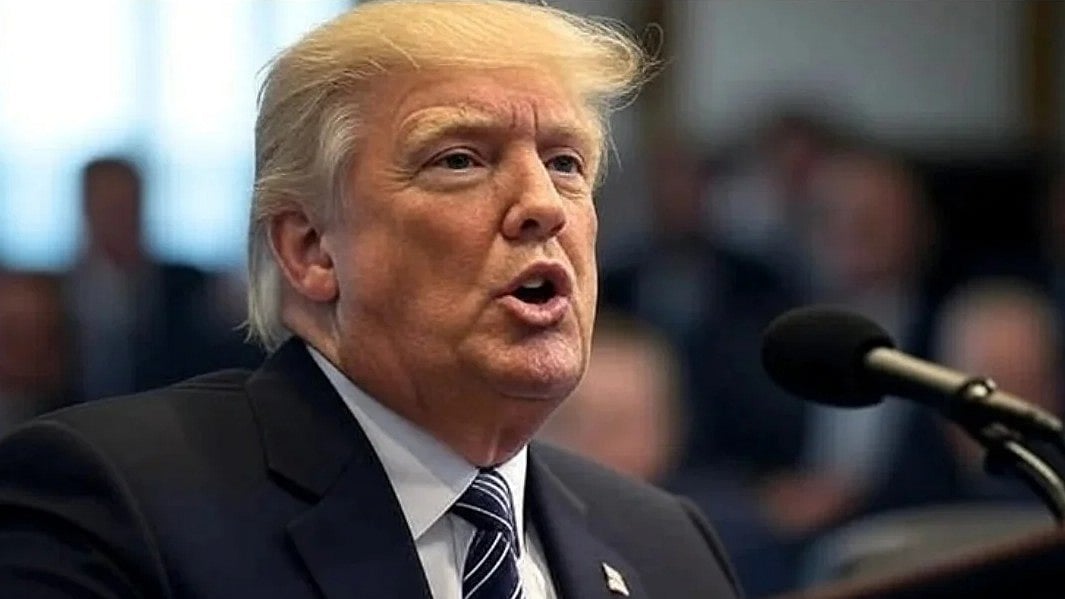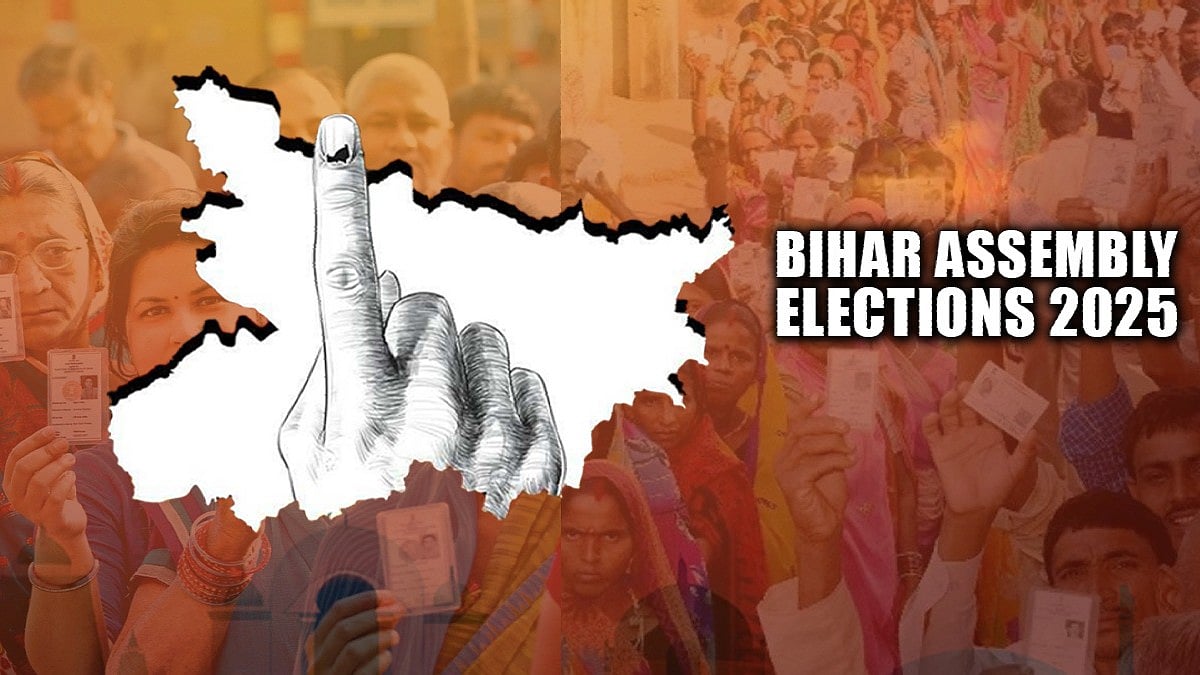“It’s an undeniable and fundamental truth that all persons have the right to breathe clean air, drink clean water, live a life free from disease and sickness, and for those who till the earth, have access to uncontaminated soil,” observed a bench headed by Chief Justice D Y Chandrachud, with Justices JB Pardiwala and Manoj Misra on February 29, 2024, dismissing an appeal of Vedanta Ltd and upholding the closure of Sterlite Copper smelting plant in Tamil Nadu’s Thoothukudi, closed since May 2018 over pollution concerns.
The court said it is conscious of the fact that the unit has been contributing to the productive assets of the nation and providing employment and revenue in the area. “While these aspects have undoubted relevance, the Court has to be mindful of other well-settled principles including the principles of sustainable development, the polluter pays principle, and the public trust doctrine,” it said.
Under the ‘public trust doctrine’ that originated in Roman law, the state is to be a trustee of certain common resources that were deemed essential for public use. The ‘public trust doctrine’ in Indian constitutional law has developed as part of Article 21 jurisprudence, influenced by ideas of sustainable development and intergenerational equity. This formulation of the doctrine already imposes strong obligations on the state, and (in principle) a high standard of legal accountability.
In June 2022, a bench comprising Justices L Nageswara Rao, BR Gavai and Aniruddha Bose observed thus while issuing the directions in applications that each protected forest should have an Eco Sensitive Zone (ESZ) of 1 kilometre: “The role of the State cannot be confined to that of a facilitator or generator of economic activities for immediate upliftment of the fortunes of the State. The State also has to act as a trustee for the benefit of the general public in relation to the natural resources so that sustainable development can be achieved in the long term. Such role of the State is more relevant today, than, possibly, at any point of time in history with the threat of climate catastrophe resulting from global warming looming large. This Court has highlighted the Public Trust Doctrine in the case of M.C. Mehta v. Kamal Nath and Others [(1997) 1 SCC 388] and opined that the Public Trust Doctrine is part of the law of land.”
However, as is amply evident, the state has repeatedly failed in its role as the protector of the commons, trustee of inter-generational equity and in its commitments to various international laws and agreements. Consequent governments have sought to circumvent, weaken, ignore and even break their own laws of the land for a development pathway that most citizens have already begun to regret.
Remember the controversial Forest Conservation Act amendment of 2023 that I wrote about here — The ease of doing business... in forests (Aug 23, 2023)? The bench led by Justice Chandrachud, dealing with a batch of petitions challenging the amendments, in an interim order directed the state governments and union territories to act as per the definition of “forest” laid down by the top court in a 1996 judgment and to provide the details of the forest land within their jurisdiction to the centre by March 31. This implies that forests will continue to be governed as if the 2023 amendments of the centre didn’t exist and brings in the spotlight over 100 illegal projects, including coal mines, factories and cement plants in deemed forests. According to the former environment minister Jairam Ramesh, these projects were initially regulated through an amnesty scheme in 2017 and provided de facto approvals in July 2021
Incidentally the bench also struck down schemes to constitute zoos and safari parks on forest land but that is juicy material for another column, soon.
It is indeed prophetic that these astute observations and orders from the Supreme Court of India are being uttered at a time when the greatest democracy in the world prepares to elect a new government. In the last election season in 2019, environmental and climate concerns had featured for the first time in manifestoes of leading political parties in India. However, maybe because it was the first time, the details were threadbare. Congress’ 55-page, 22,997-word “Congress will Deliver” manifesto has only 1,043 words (4.5%) pertaining to climate change while the BJP's 45-page, 18,327-word manifesto, “Determined India, Empowered India,” has only 116 words (0.6%) pertaining to climate issues. Surprisingly, both manifestoes did not mention the Paris Climate Agreement.
India is not only one of the most vulnerable countries to climate change, environment and climate concerns also feature high on citizens' agenda as per pre-election surveys. It will be interesting to see if political parties redefine their stance on climate and environment in the upcoming manifestoes and leverage their green policies as a key differentiating factor. After all, courts cannot be the sole guardians of the Public Trust Doctrine.
Shailendra Yashwant is an independent environmental photojournalist and climate communications consultant. He tweets at @shaibaba









